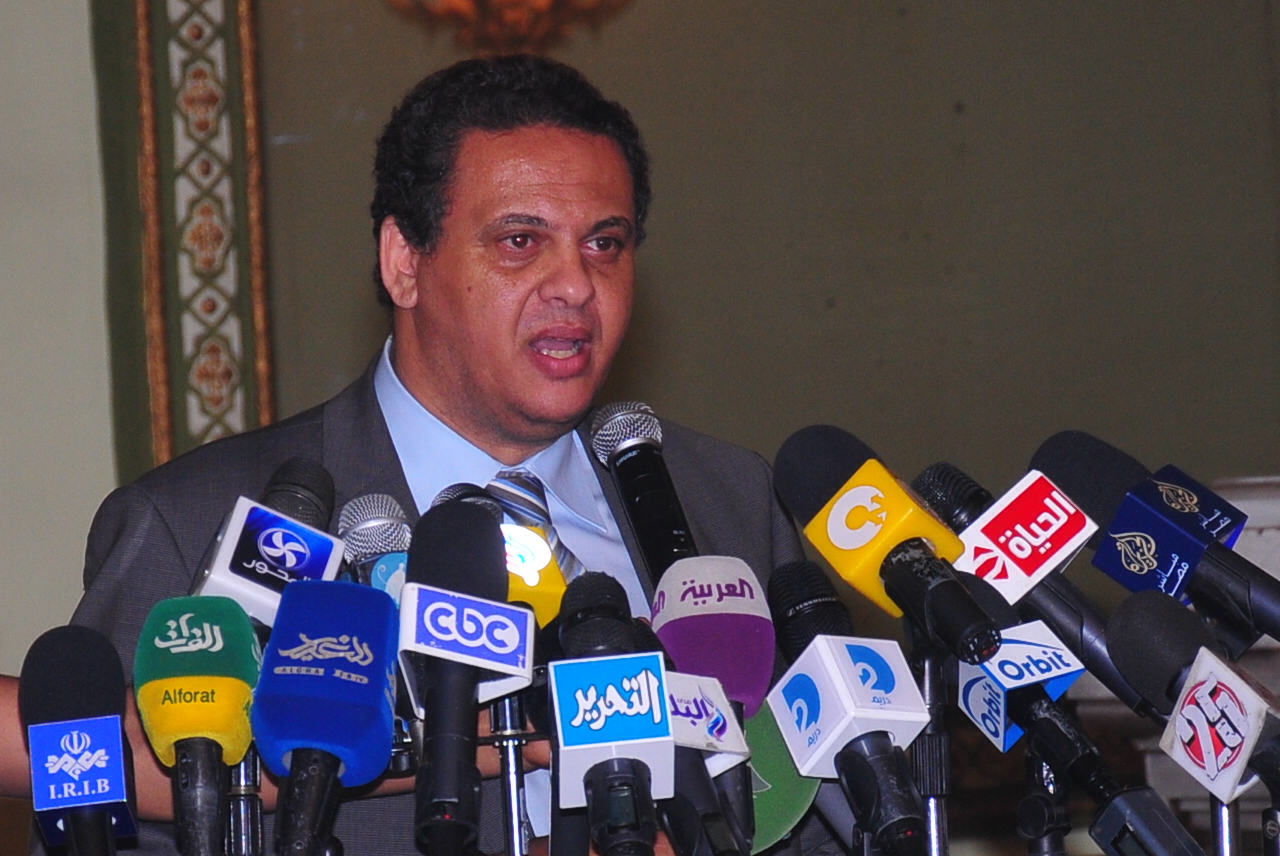After more than three months of summer vacation and the postponement of the first day of school for a whole month, students around Egypt headed to schools and universities on Saturday Oct. 4, only to face more school closures because of the global swine flu pandemic that had reached Egypt in June.
Public schools and universities were scheduled to begin after Ramadan on Sept. 26, but fears of a swine flu outbreak pushed the government to postpone it one week.
This came days after deputy minister of education, Reda Abou Sera, said, “Egypt will not close down schools or postpone the start of the academic year . any school that reports H1N1 cases will be dealt with individually.
In addition, international and private schools and universities which had already started at the beginning of September were asked to suspend classes until Oct. 5.
A joint committee between the Ministries of Education and Health had met prior to the academic year to outline the necessary precautionary measures necessary in schools.
Before the start of the academic year, official inspectors from the ministry of health discovered that many schools around the country had no water supply. “Even though they count for less than 10 percent of the schools, this is something major that we are going to deal with right away, said Amr Kandil, deputy minister of health for precautionary measures.
According to a Ministry of Education statement, schools need to take several simple steps to avoid the spread of the virus, which include having isolation rooms, ensuring proper ventilation and maintaining overall hygiene, especially in bathrooms.
Officials from the ministries of health and education have been urging students through different media channels to wash their hands all the time at school and to stay home if they feel any flu-like symptoms.
On the first day of the academic year, representatives from the Ministry of Health supervised schools daily to monitor the cleanliness levels.
School walls were plastered with awareness posters on swine flu and how to avoid it.
Kandil urged parents to keep their children home if they exhibit any flu-like symptoms.
Five cases of swine flu were announced in schools and universities during the first week of the academic year, in which cases classes were to be closed for two weeks before resuming.
When the academic year first started there were a little over 1,020 cases of swine flu in Egypt but after nearly one month the number jumped to over 1,254. By the end of the second month, the number was increasing exponentially, leading the ministry to stop issuing daily updates on the number of new swine flu cases.
Officials expected that infections would increase at educational institutions, since 55 percent of those who got the virus in Egypt are between five and 22 years old, which all go to schools and universities.
Prime Minister Ahmed Nazif ordered the extension of Eid Al-Adha vacation in November to 10 days for all educational institutions; however mid-year examination dates remained the same and the mid-year vacation is scheduled for Feb. 6.
To date, Egypt’s death toll from swine flu has reached 93, according to Ministry of Health.
The ministry said that a total of 7,330 cases have been reported around the country. According to the latest statistics, 2,538 cases were reported from Dec.14 to Dec. 20, including 1,270 cases in schools and 134 in universities.
The number of recovered cases reached 6,981, which is more than 95 percent of the total number of cases, leaving 260 cases under treatment in hospitals nationwide.
